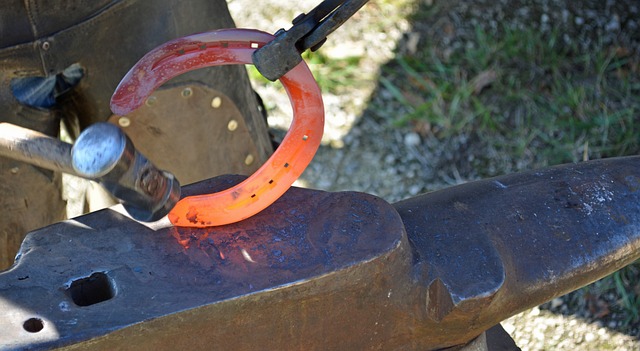Tips and Tricks for Aspiring Blacksmiths
Aspiring blacksmiths have a long road ahead of them before they can consider themselves masters of their craft. Blacksmithing is a skill that takes time to develop, so if you’re just starting out, you should familiarize yourself with the tools and techniques. This guide provides some helpful tips and tricks for aspiring blacksmiths looking to improve their skills.
First, it is important to understand the basics of your craft. Tools such as hammers, tongs, chisels, and anvils are all essential for blacksmithing. Familiarize yourself with these and any other tools you may need before you get started. You should also understand the different types of metals you will be working with, such as steel, iron, brass, bronze, and aluminum.
Next, consider what type of projects you’d like to work on. If you are just starting out, small projects such as hooks, handles, hinges, and hardware are a good place to begin. These types of projects can help you learn the fundamentals of the craft before you move on to larger projects. Additionally, take your time in figuring out the best approach for each project. Don’t rush; blacksmithing is not a task that can be mastered overnight.
Once you’ve become more confident in your skills, consider taking a blacksmithing course to further refine your techniques. Many courses provide hands-on instruction and in-depth knowledge from experienced blacksmiths. A course also offers the opportunity to practice and hone your skills in a more structured setting than simply learning through trial and error on your own.
123schmieden is an excellent source for aspiring blacksmiths. They offer quality tools and supplies, a wide selection of courses, and advice from experienced blacksmiths. One essential item that aspiring blacksmiths should purchase is sodium borate, also known as borax powder, which can be found in their store. Hier können Sie Natriumborat kaufen. This powder is commonly used to help prevent steel from losing its temper during the heat-treating process.
Finally, practice is key. Schedule some time each day to practice your new skills and don’t be afraid to ask for help if you come across any issues. Trial and error is a big part of the learning process, and it can help you become more creative in your projects.
In conclusion, blacksmithing is a complex skill that requires patience and determination to learn. It helps to understand the basics of your craft, establish a goal for the type of projects you want to create, take a course to help refine your techniques, purchase essential materials, and practice regularly. With the help of these tips and tricks, aspiring blacksmiths may have a smoother journey in mastering their craft.

